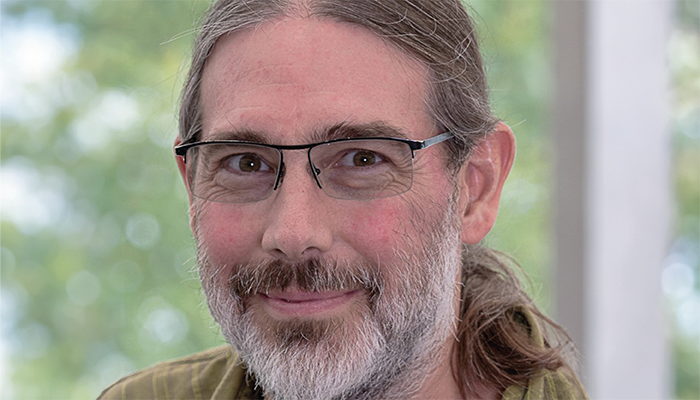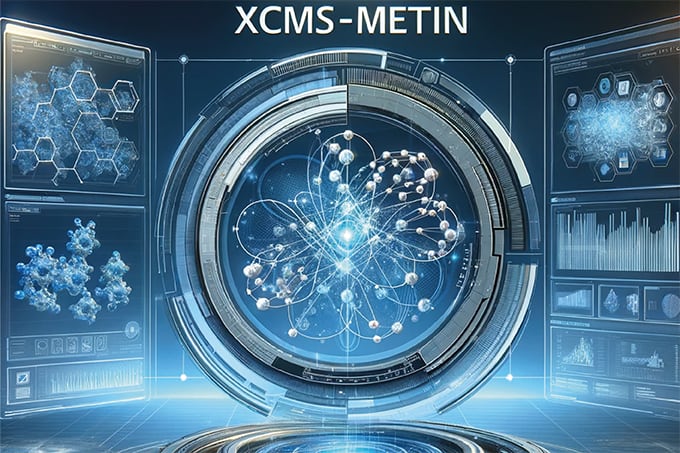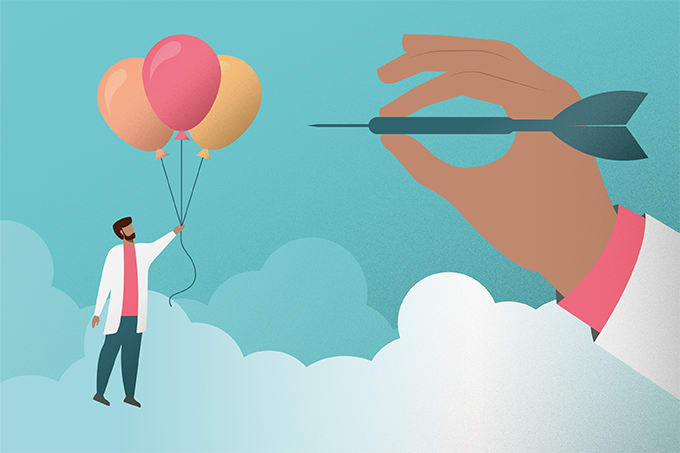
Credit: Supplied by Author
Find the balance between innovation and healthy skepticism
Human nature affects scientists just like anyone else. We're not a different group in that sense, and you see a full range of egos among us – a Gaussian distribution, you might say. That influences how we approach our ideas, how attached we get to our data, and how open we are to being challenged. But true science really needs to rise above individual egos. We need convergence in scientific research to fully understand complex systems. That’s especially crucial in Earth System Science, though it holds true across all fields. We have to be willing to accept that we might have been wrong and to prioritize the pursuit of knowledge over personal pride.
Peer review plays a part here – but it is far from flawless. We all know that plenty of papers slip through that perhaps shouldn’t. But this is why convergence in science is so important. One paper, even peer-reviewed, doesn’t shift paradigms by itself. In Earth System Science, for example, I’d like to see something similar to the approach astrophysicists use. When they make a groundbreaking discovery, they actively invite the community to replicate it to confirm the findings. That openness to confirmation is powerful.
At the same time, we need a balance. We don’t need to constantly rehash already well-established science. Our focus should be on true innovation. New ideas, particularly ones that challenge the established views, should be taken seriously rather than dismissed. Many Nobel laureates faced this exact challenge – often, their groundbreaking ideas were initially rejected for being too ahead of their time. If we, as scientists, stay open to the possibility that our own views could be fundamentally wrong, we create a healthier, more progressive scientific environment.
Instill a mindset of synthesis
It’s essential that we try to pass down everything we know effectively, but we also need to instill a mindset of synthesis. Environmental science demands interdisciplinary collaboration and approaches, which is vital to solving the complex issues we face. Sometimes, I even think we could benefit from stepping away from strict disciplinary boundaries – almost like returning to the classic idea of a general scientist who can bring ideas together.
For the current generation, there’s a need to really develop skills in synthesis and critical thinking. In some ways, critical thinking seems to be declining, which is concerning because it’s essential for pushing scientific boundaries. We need students who can think outside the box and apply ideas across fields. Today’s students are often trained in such specialized “stovepiped” ways that it’s challenging for them to abstract a concept from one field and apply it to another. Addressing this need is crucial because many of the breakthroughs will come from combining results and methods from different areas – like linking microbiology with analytical chemistry, for example. The current generation of students we’re educating needs that skill to tackle the complex, interdisciplinary problems environmental science deals with.
Don’t be reluctant to share your insights
One of the biggest takeaways for me is the importance of sharing ideas openly and prioritizing research progress over individual ego. Conferences are invaluable for this – sharing ideas, discussing new research, and sometimes even presenting data that’s only a few weeks old. I’ve often found that freely sharing ideas, even before they’re published, really accelerates scientific progress. I tell people to “run with it” because some researchers excel at generating ideas while others are fantastic at implementing them. We need to pair these strengths more effectively, maybe through targeted research centers that facilitate this collaboration.
Another important aspect is being open to presenting very recent data to keep discussions fresh and relevant. I often give seminars with data I’ve only gathered in the past few weeks. That’s one way we can bridge the slow pace of traditional publishing. In certain fields, like microbiology, there’s been a shift towards rapid, pre-publication sharing of data, which I think benefits science enormously. Other fields could definitely take inspiration from this approach. Making research accessible sooner helps keep discussions and insights current, which, in turn, drives progress across the board.




